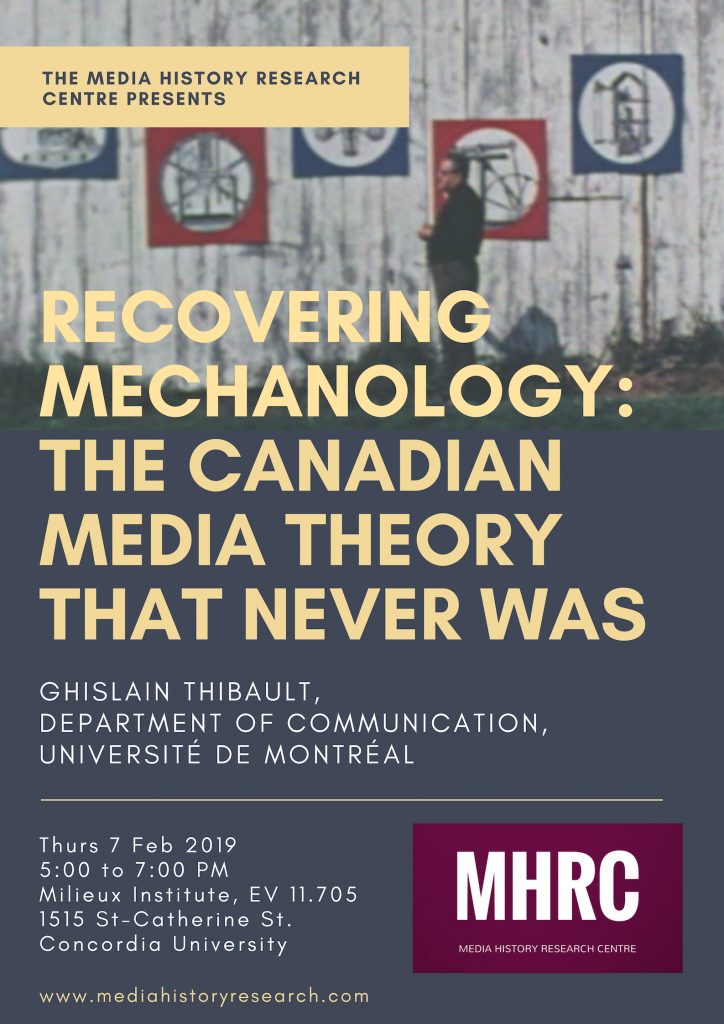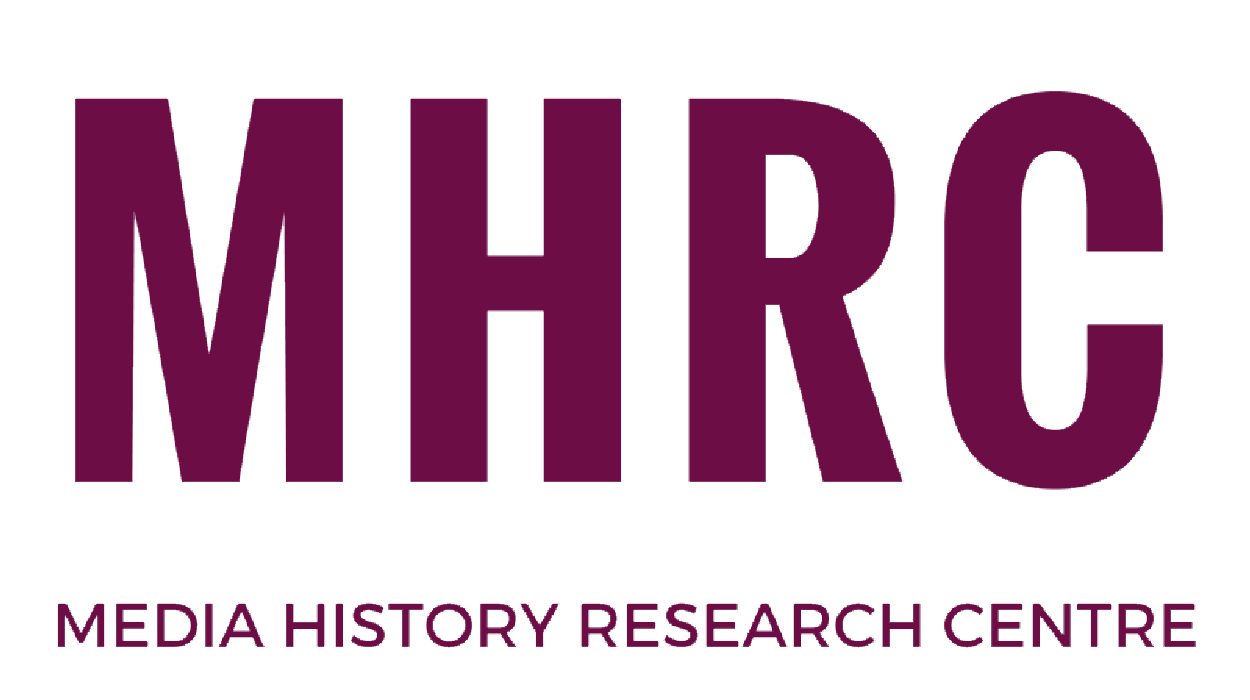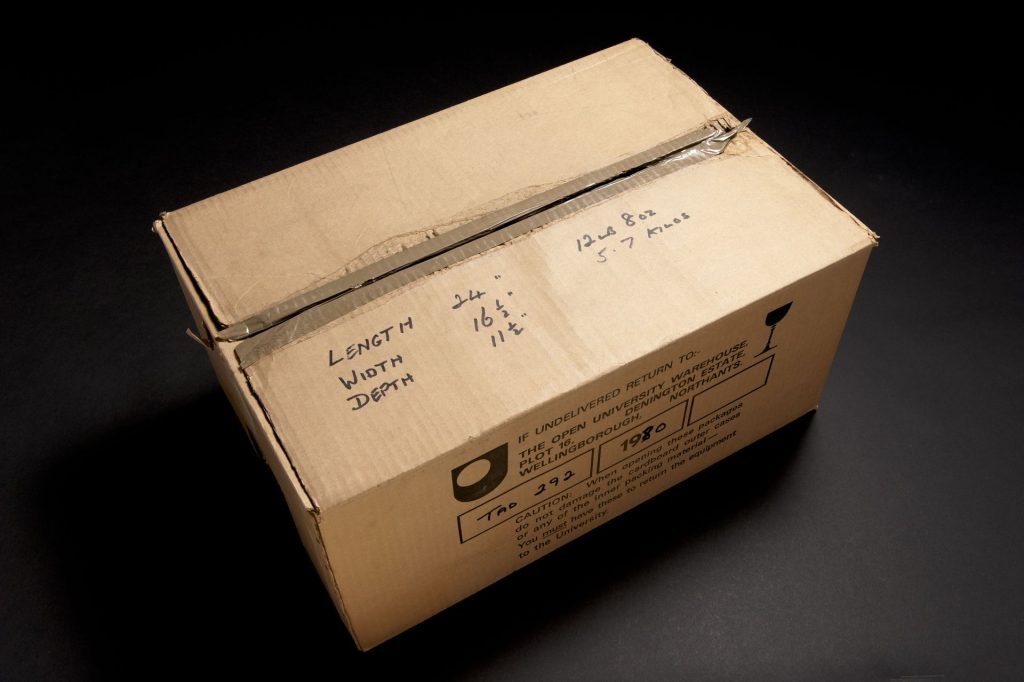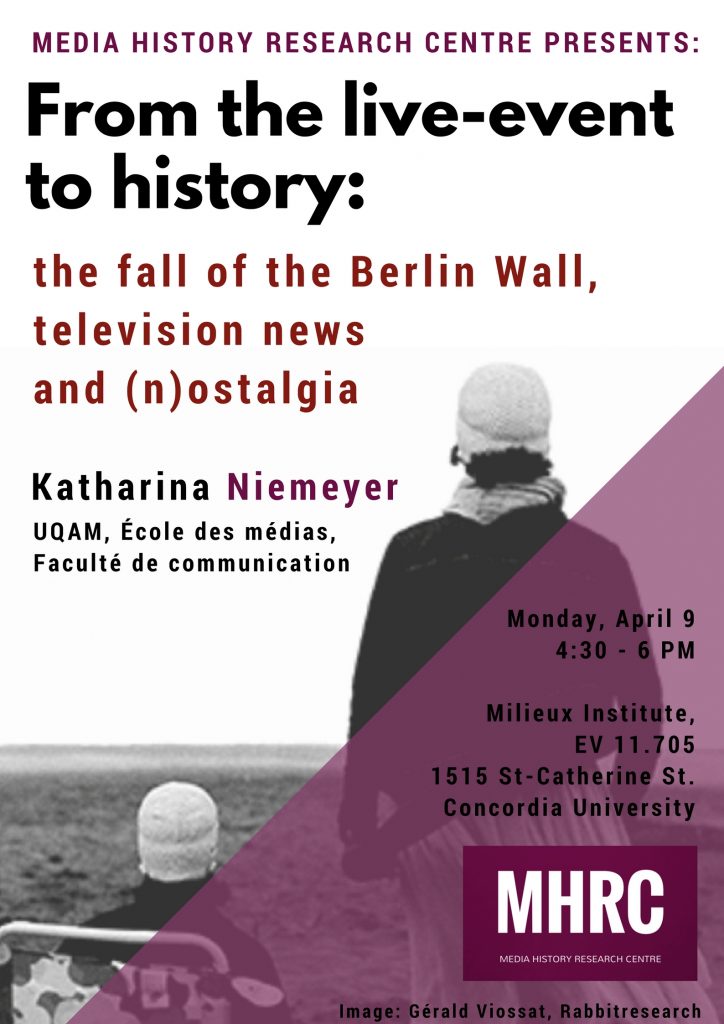Recovering Mechanology: The Canadian Media Theory that Never Was | Ghislain Thibault

Recovering Mechanology: The Canadian Media Theory that Never Was | Ghislain Thibault
The contribution of Canadian scholars Carpenter, Innis and McLuhan to media studies has been widely acknowledged worldwide, almost to the point of canonization. In the Toronto School’s shadow, however, other minor intellectual paradigms in the country also sought to address the complex relationship between culture and technology in the postwar era. Among those was “mechanology,” or the “science of machines,” first outlined by the French engineer and architect Jacques Lafitte in his book, Reflections on the Science of Machines (1932), and later recovered by two Canadians in the 1960s, essayist and filmmaker Jean Le Moyne and computer scientist John Hart. Centering on their collaboration, the revival of mechanology in Canada sought to bring about a renewal in humanist thought by introducing technology as paramount and essential to human culture. Through their interaction and engagement with the work of artists, such as Glenn Gould and Greg Curnoe, and philosophers, such as Gilbert Simondon and Georges Canguilhem, Le Moyne and Hart outlined a project that aspired to bridge the humanities, applied sciences, and the arts. Tracing the development of this now forgotten science of machines provides a way to reexamine the intellectual and political context out of which Canadian media theory gained significance nationally and internationally. Moreover, mechanology’s failure to become as visible as cybernetics or media theory offers a meaningful site for thinking the pivotal cultural and technological changes that marked the shift from energy to information machines in the second half of the twentieth century.
Thurs Feb 7 | 5 – 7 PM
Milieux Institute EV 11.705
Concordia University
1515 St. Catherine St. W


